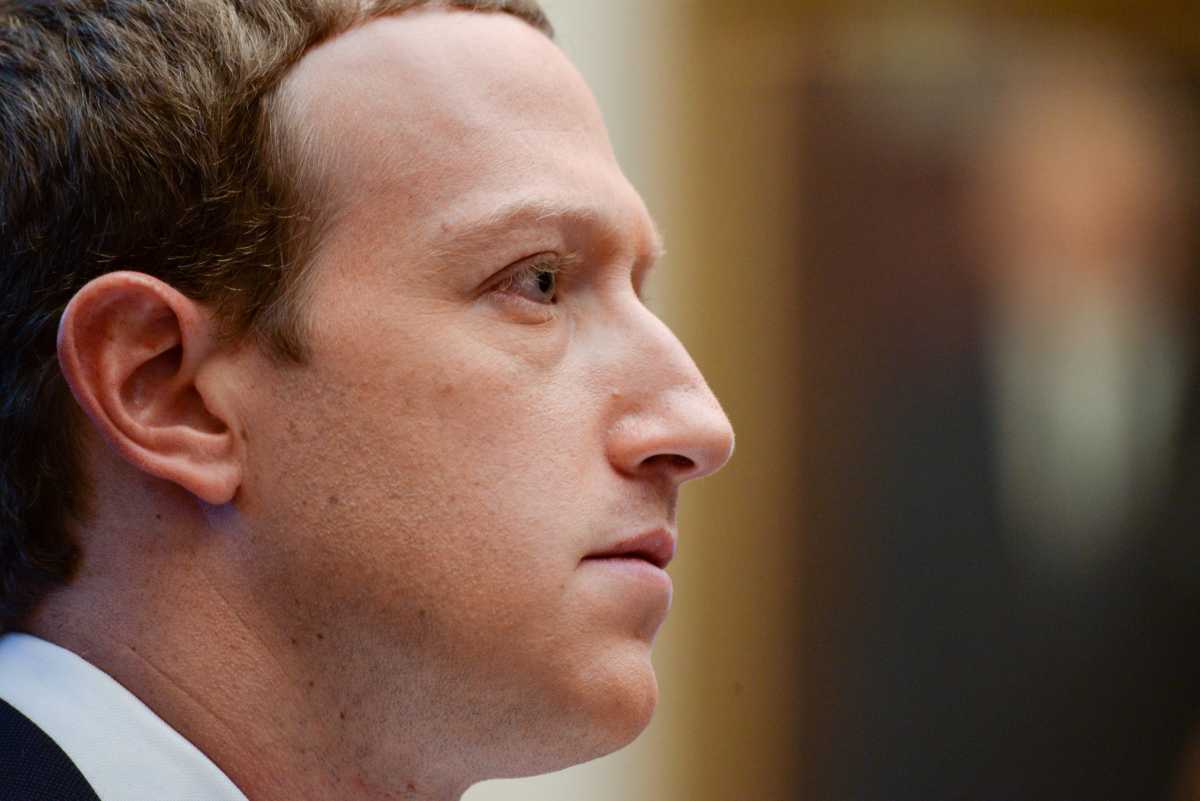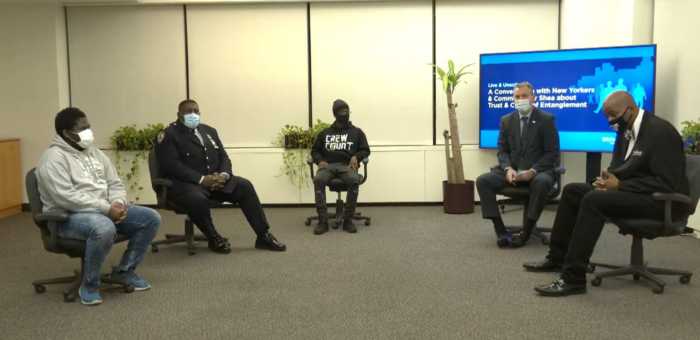By Diane Bartz and Elizabeth Culliford, Reuters
The chief executives of Facebook, Google and Twitter go before Congress on Thursday to answer questions about extremism and misinformation on their services in their first appearances since pro-Trump rioters assaulted the U.S. Capitol on Jan. 6.
The joint hearing by two subcommittees of the House Energy and Commerce Committee will see virtual appearances by Facebook Inc chief executive Mark Zuckerberg; Sundar Pichai, chief executive of Google parent Alphabet Inc, and Twitter Inc CEO Jack Dorsey.
Republicans on the panel will likely criticize the tech giants for what they say are efforts to stifle conservative voices.
Former President Donald Trump, accused of inciting the Jan. 6 violence, has been banned by Twitter, and Facebook has asked its independent oversight board to rule on whether to bar him permanently. He is still temporarily suspended from YouTube.
Some lawmakers are calling for Section 230 of the Communications Decency Act, which shields online platforms from liability over user content, to be scrapped or rejigged. Some Democrats, including President Joe Biden, agree.
The three CEOs have all appeared in front of Congress before, with Facebook’s Zuckerberg clocking up seven appearances since 2018.
In written testimony released on Wednesday, Facebook argued that Section 230 should be redone to allow companies immunity from liability for what users put on their platforms only if they follow best practices for removing damaging material.
Representative Frank Pallone, chair of the Energy and Commerce committee, expressed frustration that the platforms had not resolved misinformation problems despite years of pressure and a flurry of new policies.
In a recent memo, he also pointed to criticisms that Facebook and YouTube’s algorithms have promoted extremism and that Twitter had been slow to stop white nationalists organizing on the site.
Lawmakers’ scrutiny of misinformation on major online platforms intensified after U.S. intelligence agencies said Russia used them to interfere in the 2016 presidential election.
Last year saw false narratives about voter fraud that spurred Trump supporters to organize online and come to Washington on Jan. 6, as well as untruths about the severity of the COVID-19 pandemic, bogus treatments for the coronavirus and the safety of vaccinations.




































